
Without you, the wheel still turns ...
"So as we are today, people are afraid to come out on the streets, but when they suddenly emerge, all together ... Then we get ahead, the Communist Party, to stop them." This remarkably accurate prediction was made in a chat over coffee with an old Trotskyite in 2007. In this paper we consider the clear appearance of the Communist Party as police, this important event of 20 October, in how it relates to the evolution of class struggle in Greece and the evolution of the crisis.
We begin our analysis by attempting a critical reading of the basic worth of all those criticizing the Communist Party for "betraying the working class." The operators of this view also make the charge of "infighting." This view seems to overlook or forget the role of the Communist Party in the class struggle in Greece. This is not carelessness; there is an omission or forgetfulness.
[How far does a flat tire take you?]
What this view overlooks is the revolution as a triumph of the working class, the transformation of capitalist society into a society of workers, ie, the revolution as it represents the views of the Communist Party (with itself, of course, in place of the bosses). For this reason, this criticism accuses the Communist Party of "treason" against a common goal. One finds that the Communist Party betrayed the common goal of a "free" society because it is working to create a workers' state instead of working self-production, and in this context using the CP slogan, "Without you, the wheel still turns, the worker can work without bosses".
The principle can seem paradoxical, but within this slogan lies the essence of the events of 20 October. The content of this slogan is the agenda of the Communist Party (but only the Communist Party and this is important) in the conflict that produced the current historical period and its practice of class struggle. If we read this slogan carefully, we see that the word worker is the key to its content: this revolution does not remove the worker from being a worker, does not abolish the proletariat, does not remove the "gear", the production value. Instead it invites the worker to compete (or fall as a sheep behind the shepherds in the case of the Communist Party), to continue to be a worker, to continue to "spin the wheels." The utopian phrase "without bosses" means "on their own initiative", ie with bosses who are also workers, supposed masters of themselves, or the boss's party workers. Behind the opportunism of the Communist Party to embrace a "slogan of the anarchists," the conservation of work as an alienated human activity after the revolution is what it entails.
The willingness of the Communist Party to defend parliament and police against attacks from a piece of the proletariat is fully compatible with this slogan, and is critical for capital and the state at this time, especially since the attacks against the state and property become possible only because they are supported by a very large section of the proletariat as it became clear on October 19. Defending work can be done in a historical vacuum, there is an a-historical form of work (as suggested by the "we want jobs, not unemployment" etc), not necessarily to defend work as it has shaped the history of this - and then the revolution by the Communist Party will be the restructuring of work in light of the historically defined conditions (which the Bolsheviks also did when they took power in Russia by joining the proletarian revolution in 1917 and tried to do with the CNT when they took management of the factories after the proletarian revolution in Spain in 1936). If we combine these findings with the strategy of the Communist Party, which is claiming an ever greater role in the reproduction of the working class, namely the strengthening of a mechanism of reproduction of capitalist relations that works in tandem with the state or "wheel" of the state machine in some cases, then in light of the increasing importance acquired by the suppression of reproduction of the working class, it becomes understandable why the Communist Party must play the role of the police.
And those who attacked the Communist Party? How is it explained by this line of thinking that some attacked those red factions who barred the way to the khaki police faction, as seen from the perspective of the Communist Party revolution? Should we agree with those who simply dispute the Communist Party for controlling Amalias St. [in front of the Greek House of Parliament] and hence the political leadership of the movement? In part this view is founded, but the error is already in the content of the issue (political leadership of the movement). The essence of the event on 20 October lurks beneath the surface of political debate. The answer to why it produced this conflict, what is its real content and how does it touch on the central theme of class struggle in many countries can only be found if one manages to escape the apparent polarity of left and anarchists (which is the polarity of previous revolutions as "the tradition of all dead generations weighs like a nightmare in the minds of the living"). To break from this polarity should be the task of all "anarchists", or black bloc/rioters or as one wants to call them (although the pains to find a stable name already indicate something).
It is known that the part of the "world civil war" which belongs to the organized structures of the militant anarchist groups is now very small and is diminishing as the crisis deepens. It is well known that most riots involve workers, often without denouncing the practices of the trade unions (see WTO-TAB), colliding with the unemployed, taxi drivers, students, even the abruptly-proletarianized middle class. The "world" created by one or another of the riots last year is not one of organized anarchists in the overwhelming majority, and the influence of organized anarchists on it is minimal and constantly decreasing. This "world" is a mix of young (and in the deepening crisis, not just young) proletarians who have bad jobs or are unemployed or students. The practices of this "world" are typically riots without specific demands, or riots within struggles for demands expressing the contemporary impasse of demands, the lack of future produced within this crisis, a crisis of the existence of wages and hence the ongoing reproduction of the proletariat.
This "world" is NOT the "revolutionaries" in conflict because they have "class consciousness", it is the bodies of practice produced by exclusion of the proletariat from work, from the brutal degradation of the middle classes, from the frenzied state of crisis experienced in the restructured capitalism and trying to deal with another round of attacks by capital, which is coming to question the very existence of salary. The practices of this "world" are also deadlocked, although from the perspective of a search for a winning strategy for the working class and the realization of a working society. The impasse of these practices foreshadows overcoming them through the class struggle, overcoming that will occur as imposing them on other practices, but will produce by way of conflictual coexistence of these practices with the struggles for demands. This breakthrough will be possible to produce only when we are at that stage that the conflict will not only create dynamic disorder without demands but will now take concrete measures. This conflict produces objectives and options for people facing the overwhelming onslaught of the crisis.
So there is a conflict between anarchists and the Communist Party in front of the Parliament - this is only seeming, this reading only serves specific political interests of politically organized anarchists and the CP and fellow travelers. Definitely there will be efforts to raise political goodwill on both sides after the clash in front of the Parliament and in the short term, these efforts seem successful (on both sides). All these efforts dispute about is who cares more about the "unity of the working class," and use almost the same terms in their accusations. The evolution of the crisis is accelerated and the fact is that 20 October will soon look like an innocent game with stones, two or three cocktails, and hundreds of sticks with red cloths
The anarchist-CP conflict was produced as an internal conflict of practices of the proletariat in the cycle of struggle started after the restructuring of early 1980 (for Greece in 1990), is the essence of this cycle, and now encapsulated in this crisis, confronts all the contradictions that have been developing. This conflict has been historically produced as a result of accumulation of capital, ie the class struggle, and not the result of "strategy", "treason", "class consciousness" and other ideologies. Two camps are created with great speed through the condensation of historical time, and what now seems to prefigure through overcoming the limits of the revolution, tomorrow will appear divided, will detonate the internal contradictions that currently cannot seem so important. The deepening crisis will lead through the "stage of disorder," where we obviously are today. The rebels of tomorrow (which perhaps is not far away) will be forced to take action to continue the struggle, both survival measures and communist measures that will affect the core of goodwill and build new social relations. The "internal conflicts" will come, new divisions are inevitable.
We are in the middle, there is nothing that can get us out anymore. Any attempt to understand the structure of relations of our time, any attempt to free ourselves from the political concept of revolution, which belongs to a past world of past revolutions, will certainly contribute to the criticism of this world, which (as a set of social relations) is already trembling with the threat of total destruction in the upcoming revolution.
Agents of Chaos
http://rioter.info


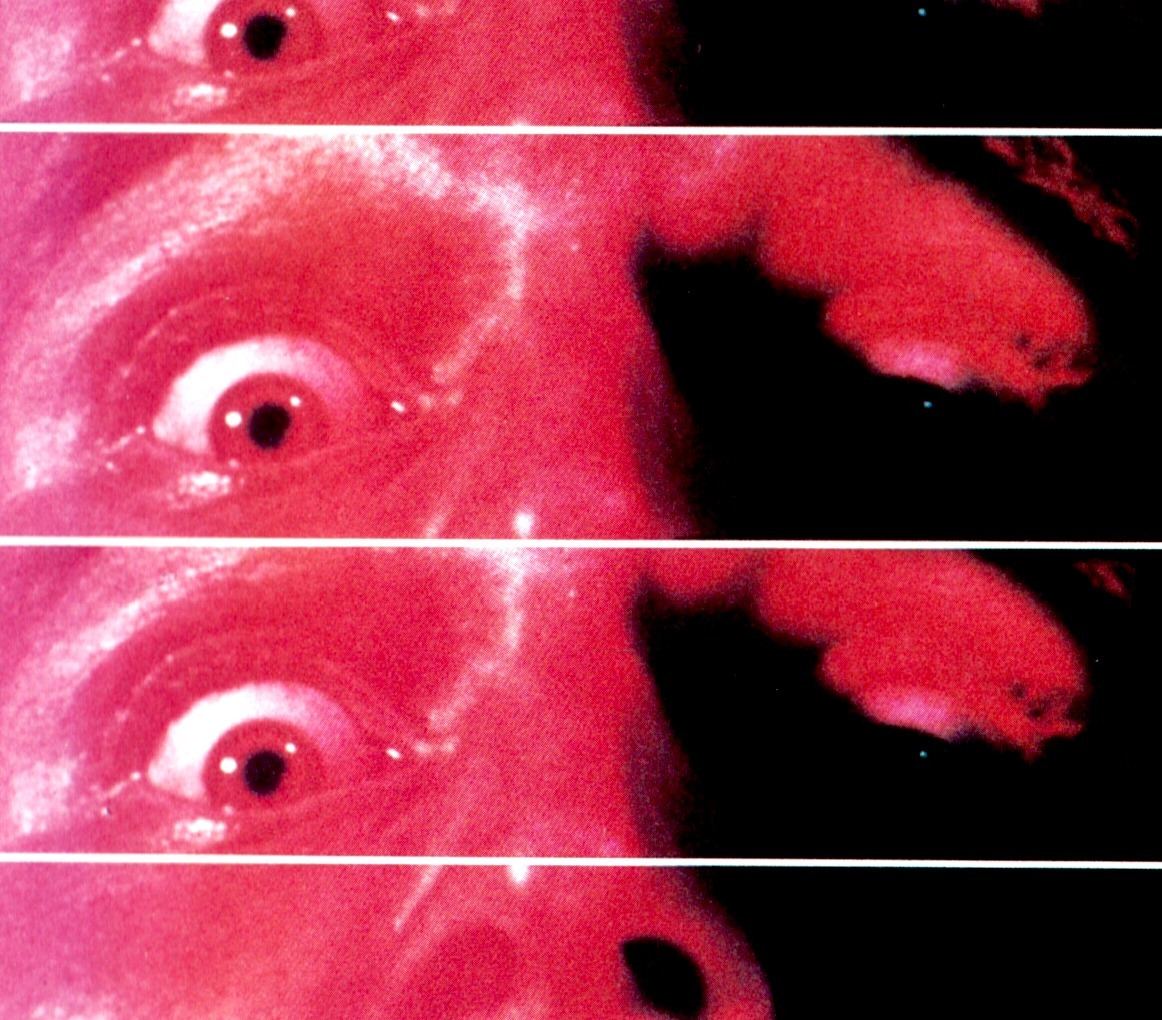
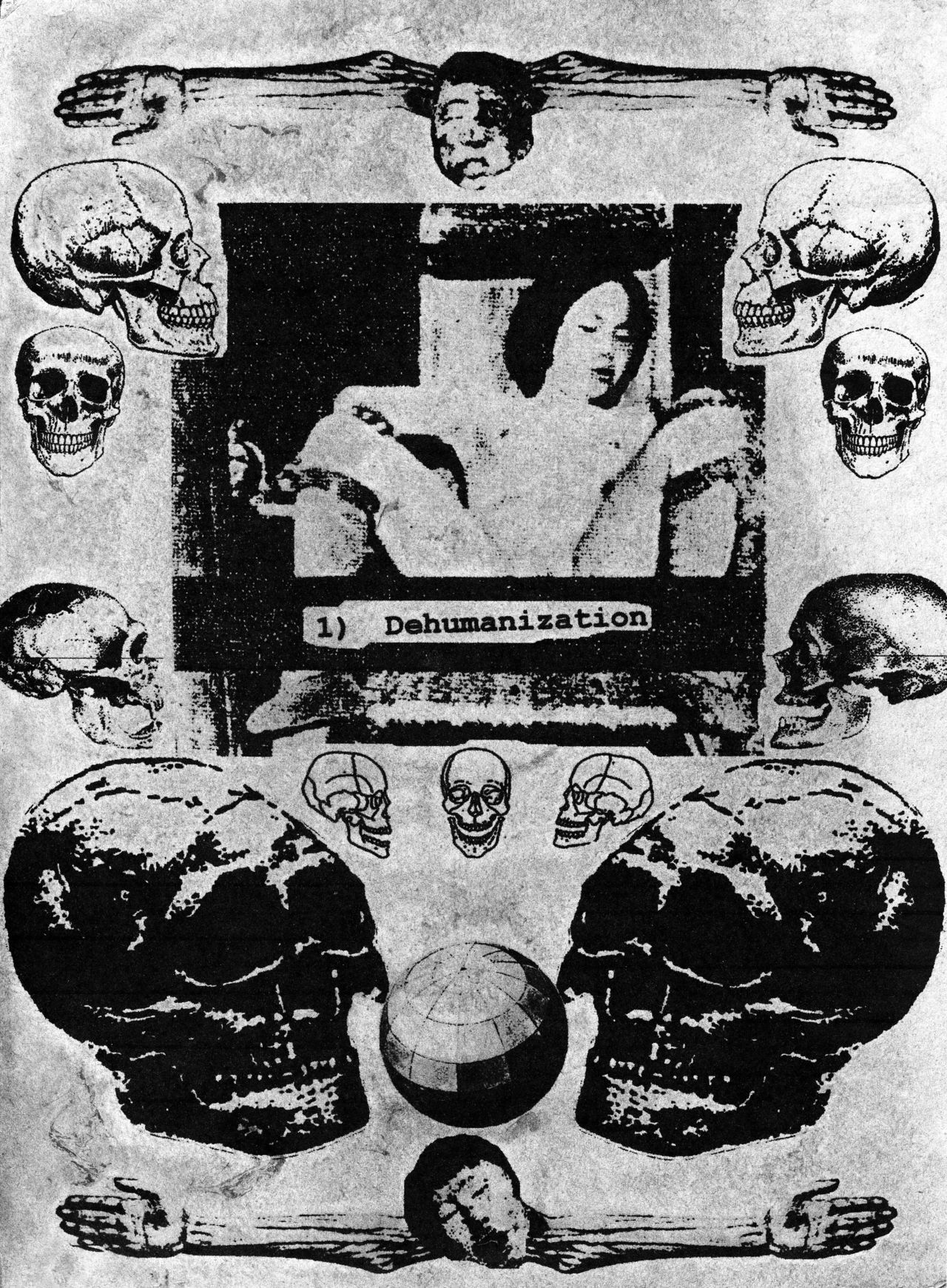

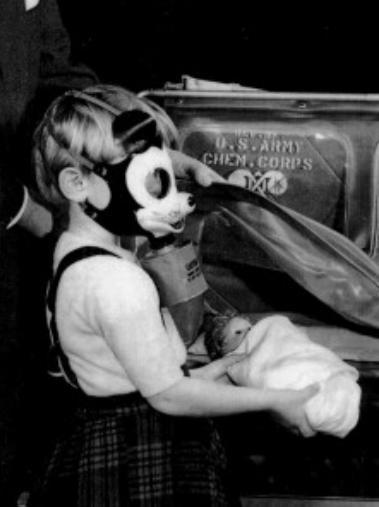

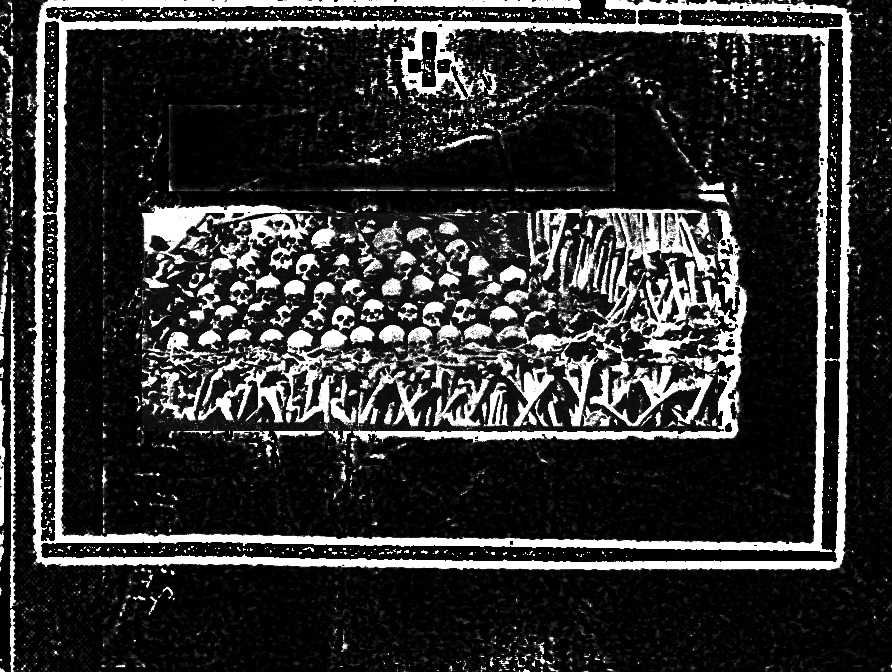
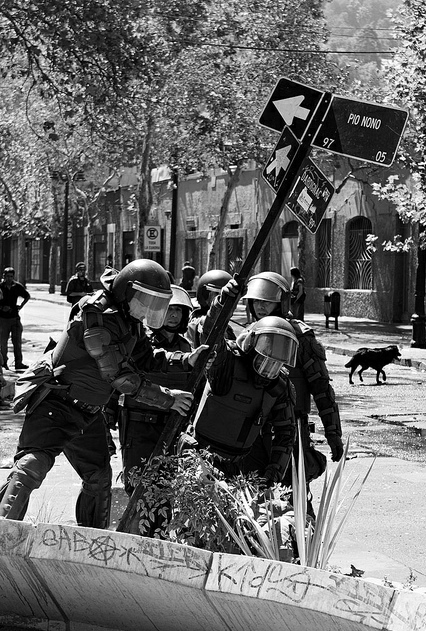
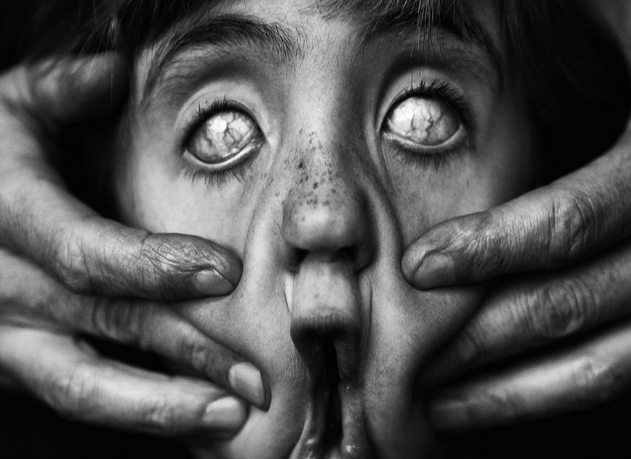

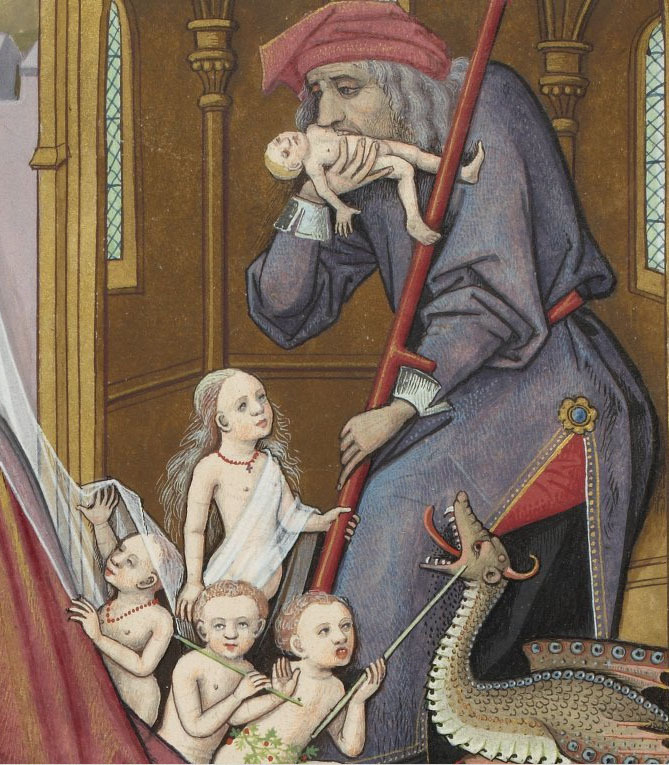
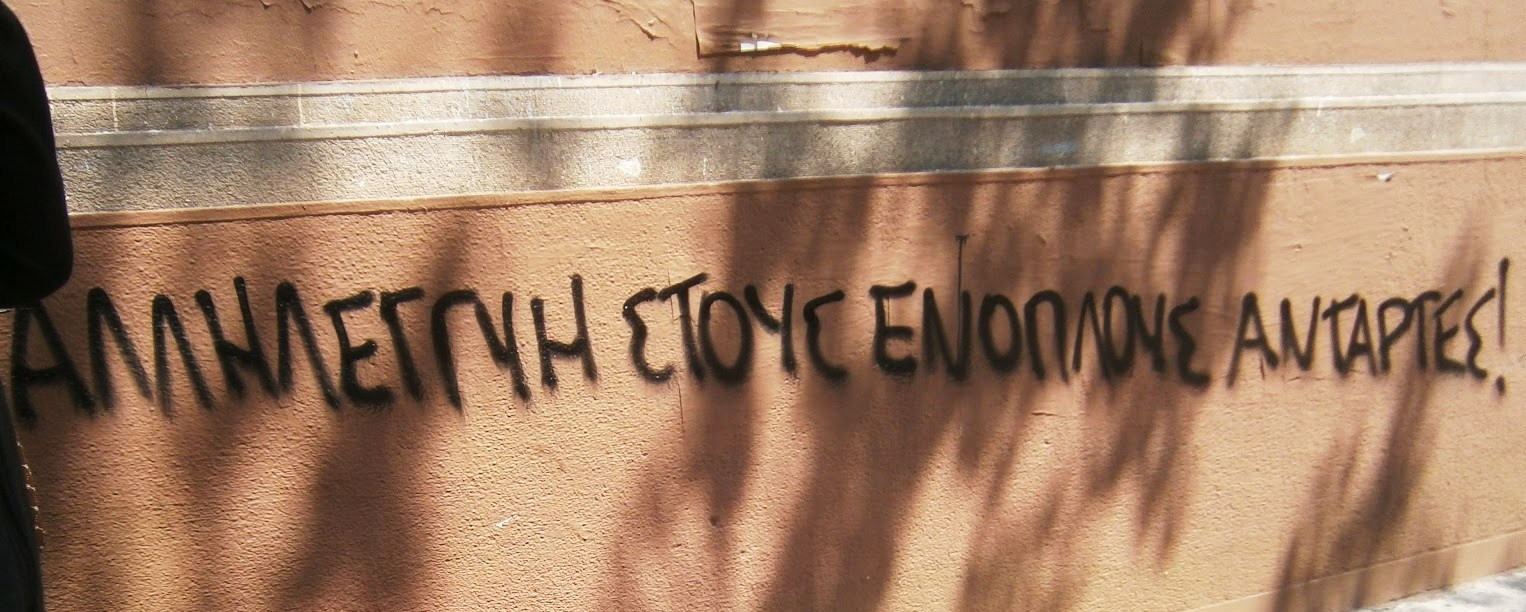

![Eurorepressione - Sulla conferenza a Den Haag sul tema "Anarchia" [corretto]](http://25.media.tumblr.com/tumblr_m0jvngOXtY1qa2163o1_1280.jpg)
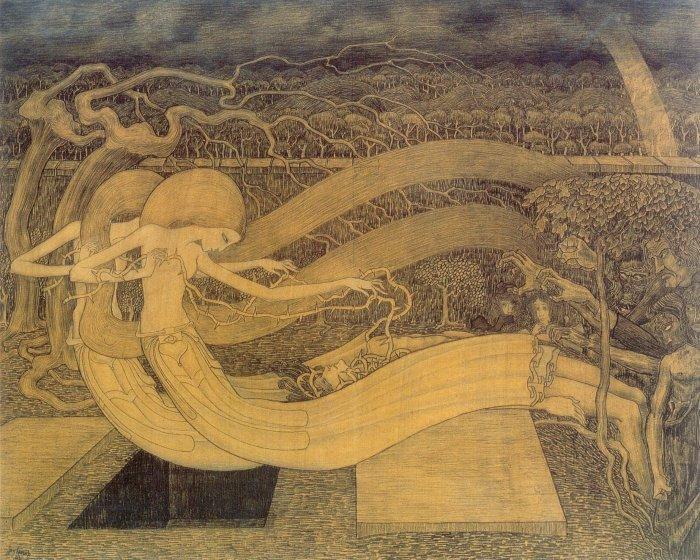
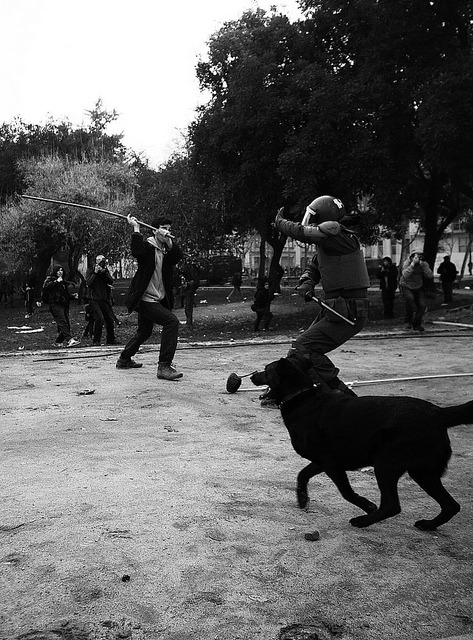
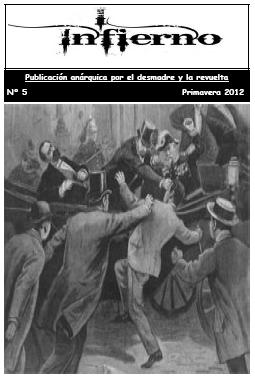
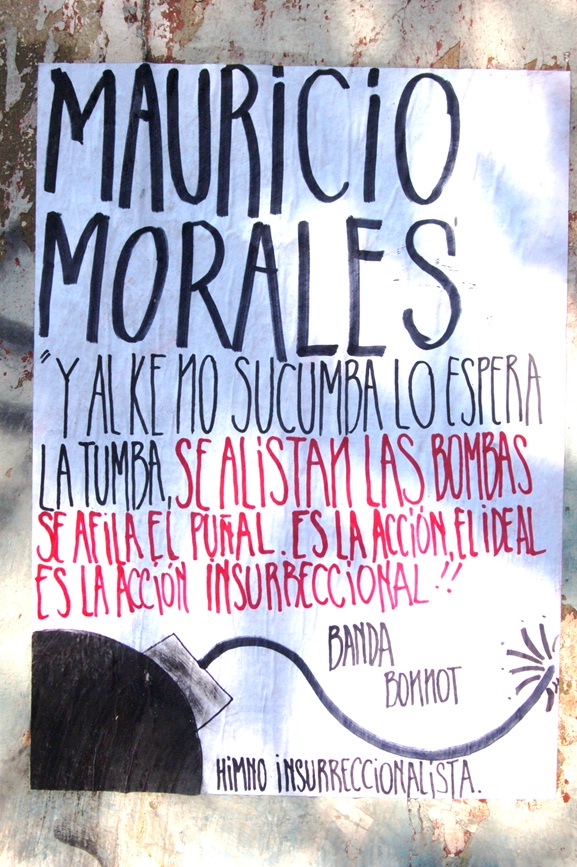
![A tres años de la Partida de Mauricio Morales: De la Memoria a la Calle [Stgo.]](http://metiendoruido.com/wp-content/uploads/2012/05/mmacividad.jpg)
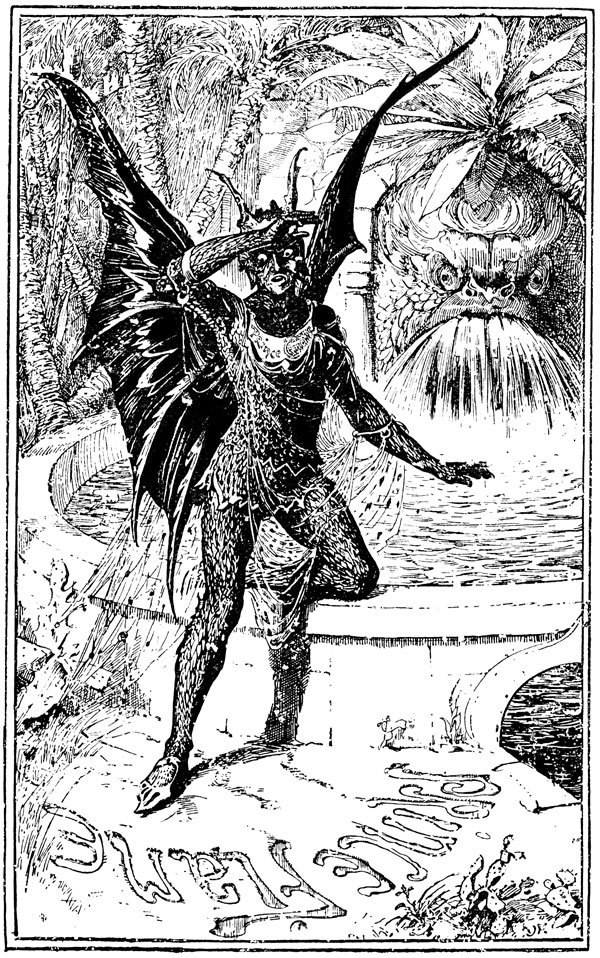
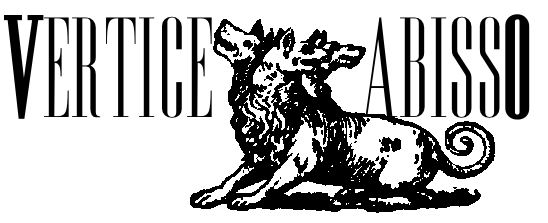



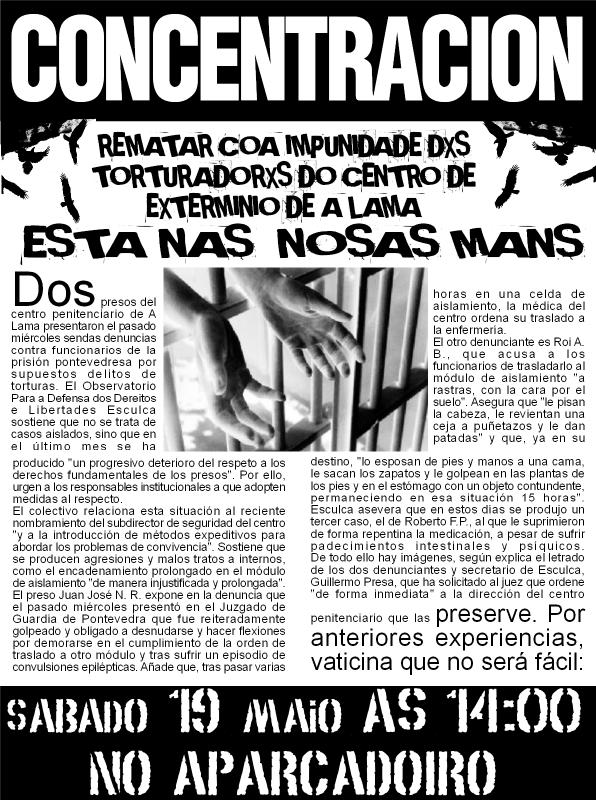

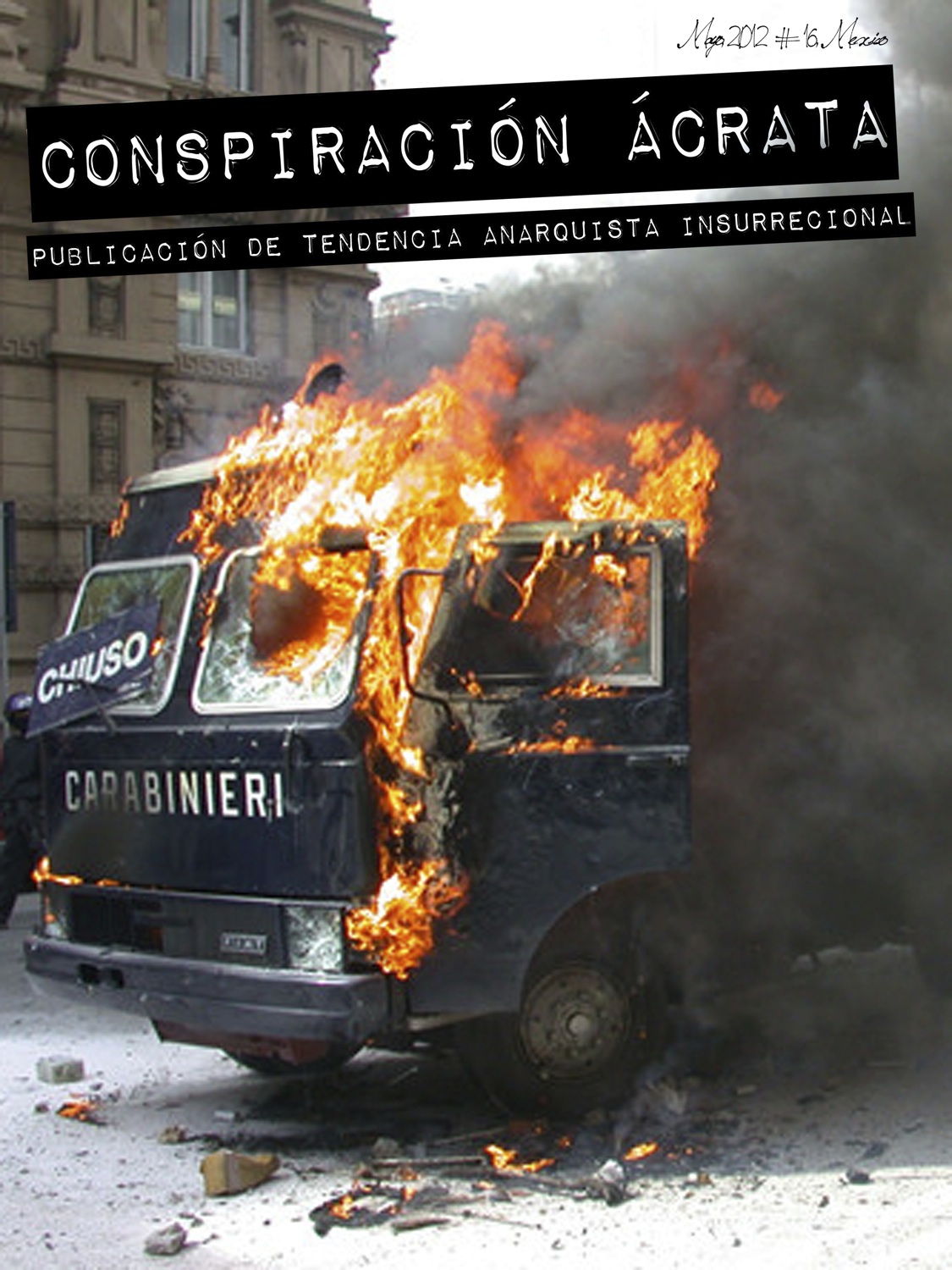

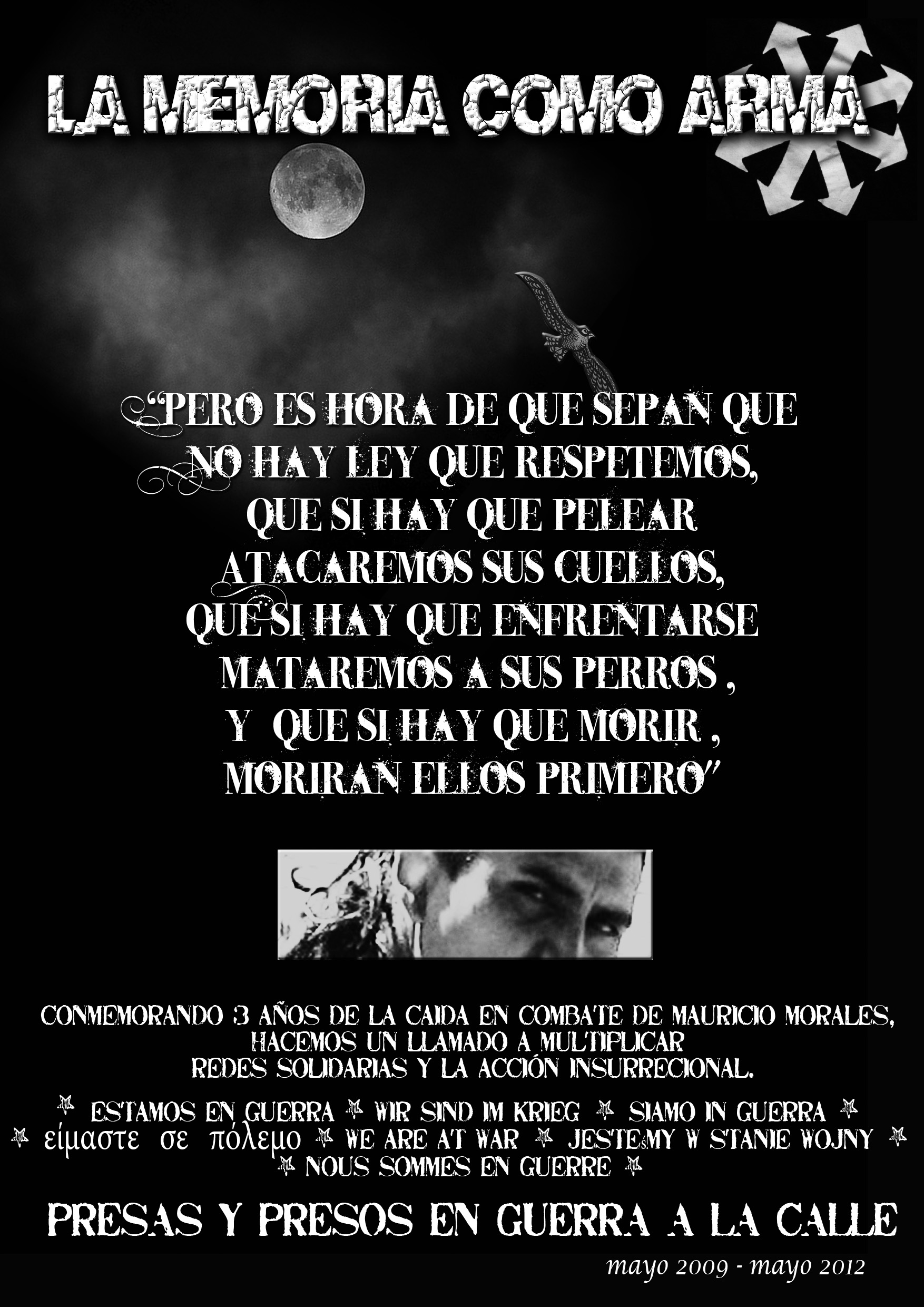
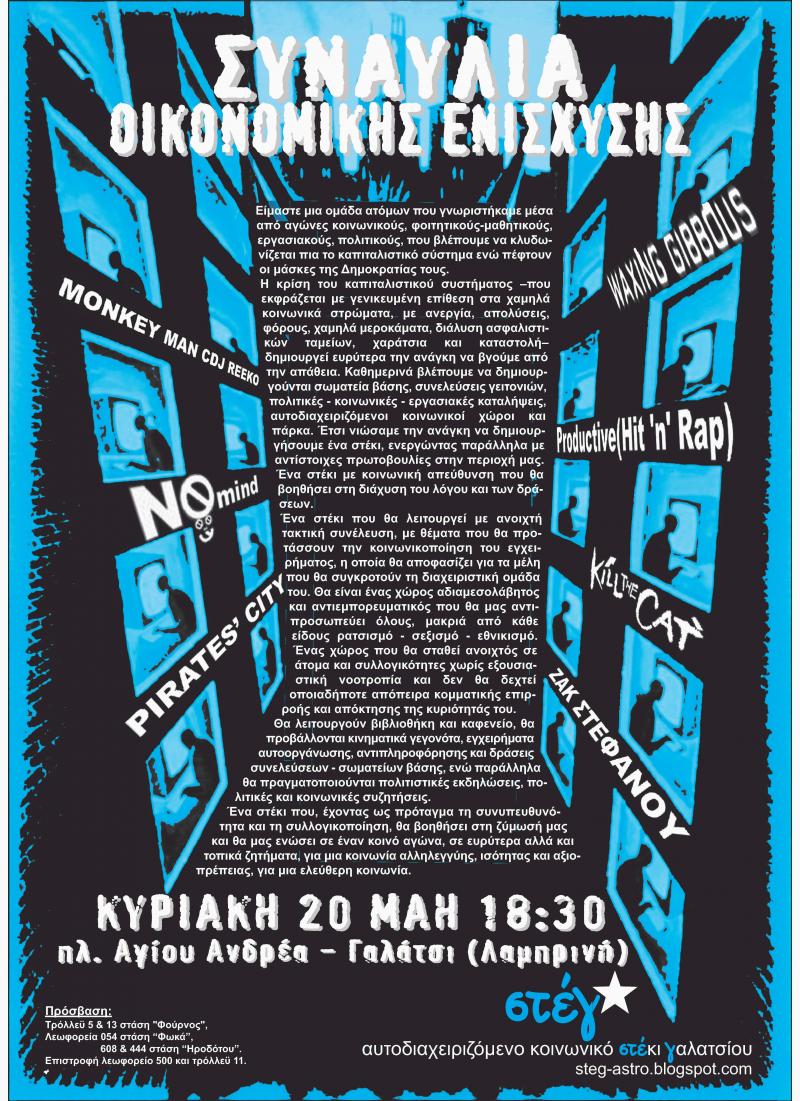








Nessun commento:
Posta un commento